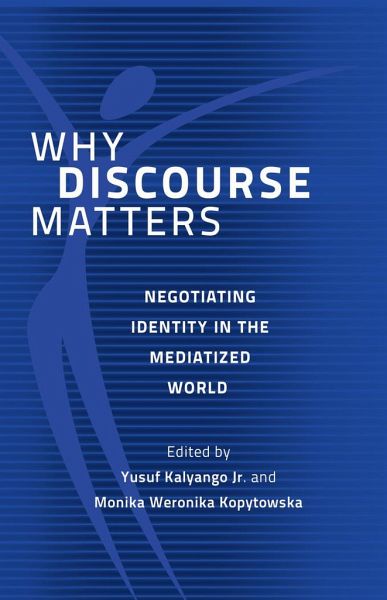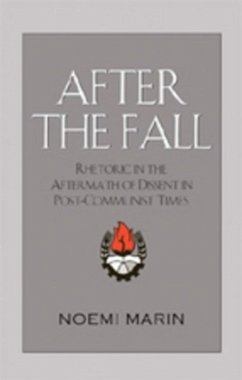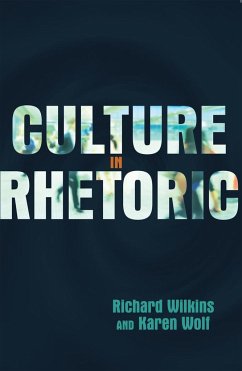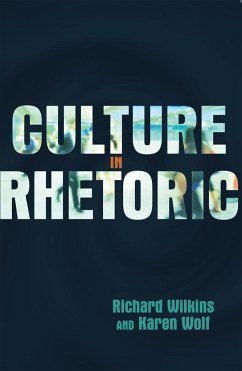
Why Discourse Matters
Negotiating Identity in the Mediatized World
Herausgegeben: Kalyango, Jr., Yusuf; Kopytowska, Monika Weronika
Versandkostenfrei!
Versandfertig in 6-10 Tagen
132,85 €
inkl. MwSt.
Weitere Ausgaben:

PAYBACK Punkte
0 °P sammeln!
This volume draws on issues and cases from more than 20 countries to provide empirical evidence and theoretical insights into why discourse matters. Covering a wide range of concepts and topical issues, contributors from media studies, journalism, and linguistics address the following key questions: Why and how does discourse matter pertaining to identity in a mediatized world? Who makes discourse and identity matter, for what reason, in what way, and with what consequences? The volume provokes a new proposition that it is necessary to go beyond the safe havens of disciplinary strongholds with...
This volume draws on issues and cases from more than 20 countries to provide empirical evidence and theoretical insights into why discourse matters. Covering a wide range of concepts and topical issues, contributors from media studies, journalism, and linguistics address the following key questions: Why and how does discourse matter pertaining to identity in a mediatized world? Who makes discourse and identity matter, for what reason, in what way, and with what consequences?
The volume provokes a new proposition that it is necessary to go beyond the safe havens of disciplinary strongholds with familiar terminology, methodology, and questions to address future inquiries into discourse and identity from a combination of linguistics and journalistic media studies.
The volume provokes a new proposition that it is necessary to go beyond the safe havens of disciplinary strongholds with familiar terminology, methodology, and questions to address future inquiries into discourse and identity from a combination of linguistics and journalistic media studies.














